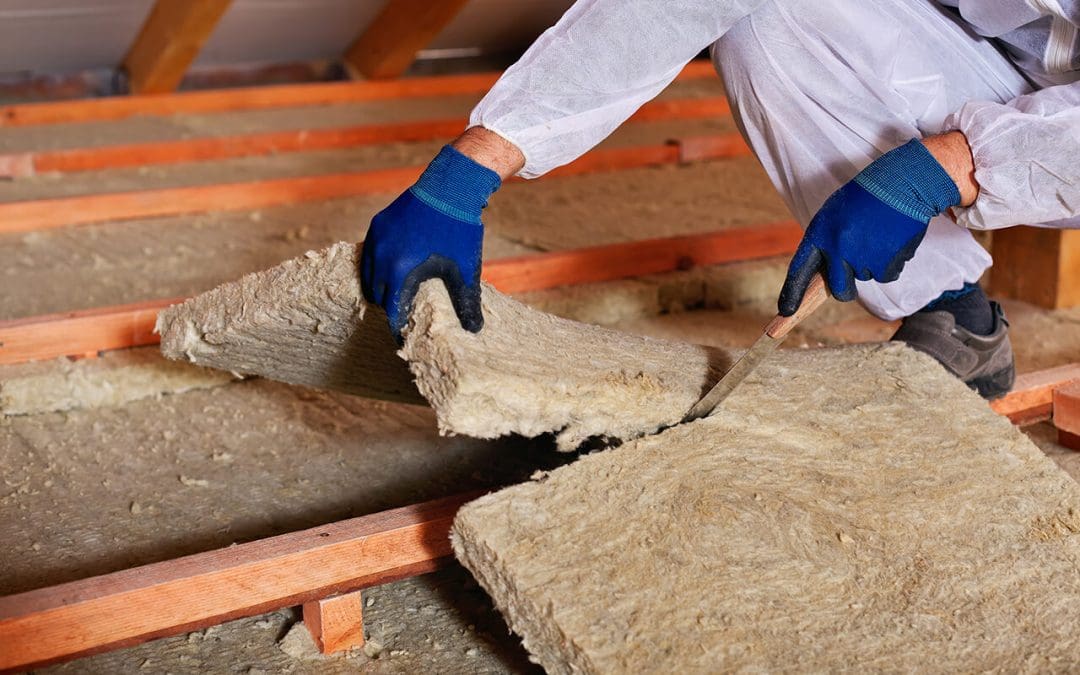As a homeowner, you understand that your property is a massive investment. When it comes time for upgrades, choosing eco-friendly home improvements is one of your best decisions. Going green isn’t just about saving the planet; it’s about saving money on utilities, increasing your home’s long-term value, and creating a healthier, more comfortable living environment. It’s a confident, future-focused approach to home management that pays you back year after year.
The Foundation of Eco-Friendly Home Improvements
The most effective action to make your home more sustainable is to stop wasting energy. Before investing in expensive technologies, focus on insulation and air sealing, the foundation of all eco-friendly home improvements. Energy loss in a typical home occurs primarily through the attic, walls, and leaky windows and doors. Upgrading your attic insulation to modern standards is often the renovation with the fastest and highest return on investment. It drastically reduces the need for heating and cooling, cutting utility bills immediately.
Equally important is air sealing. This involves tracking down and sealing small gaps and cracks around electrical outlets, light fixtures, pipe penetrations, and attic hatches, where conditioned air escapes. Using caulk and weatherstripping in these areas minimizes drafts and guarantees your conditioned air stays inside, making your home more comfortable and efficient.
Upgrading to High-Efficiency Systems
Once your home is properly sealed and insulated, you could maximize savings by upgrading your major systems. When choosing new appliances or HVAC components, always look for the highest efficiency ratings. Conventional furnaces and air conditioners are often major energy drains. Consider replacing older units with high-efficiency alternatives. For water heating, switching to a high-efficiency tankless water heater or a heat pump water heater will eliminate standby energy loss and drastically reduce the energy required to heat water, making this a powerful solution.
When replacing refrigerators, washing machines, or dishwashers, prioritize models with the ENERGY STAR certification. These appliances are guaranteed to use less energy and water without sacrificing performance. While the upfront cost may be slightly higher, the long-term operational savings quickly offset the initial expense.
Water Conservation Eco-Friendly Home Improvements
Water conservation is another critical area where small changes yield significant, sustainable results. While we often focus on energy, efficient water usage is important for reducing both consumption and the energy required to treat and deliver that water. Inside the home, replacing old toilets with new, low-flow models is a highly effective measure. Modern toilets use 1.6 gallons per flush or less, compared to the
3.5 to
5 gallons used by older units. Similarly, install low-flow showerheads and faucet aerators. These simple devices reduce water consumption while maintaining adequate pressure, often costing very little but providing immediate savings.
Outside if you need to irrigate, switch to a smart irrigation controller that adjusts watering schedules based on local weather forecasts and soil moisture, preventing unnecessary watering and making your landscaping maintenance more efficient.
Utilizing Sustainable Materials and Power Generation
For homeowners undertaking larger remodeling projects, choosing sustainable and non-toxic materials is a powerful way to reinforce the commitment to an eco-friendly home. Opt for flooring made from rapidly renewable resources like bamboo or cork, or choose reclaimed wood. When painting, use low or zero-VOC (Volatile Organic Compound) products to eliminate harmful off-gassing and improve indoor air quality.
Finally, consider generating your own power. Installing solar panels is the ultimate long-term eco-friendly home improvement. While the initial investment is substantial, federal and local tax credits could significantly reduce the cost. The panels generate clean energy, drastically reduce or eliminate your monthly electricity bills, and provide a major boost to your property’s resale value, cementing your status as a sustainable homeowner.
Frequently Asked Questions (FAQs)
Are eco-friendly home improvements more expensive?
The upfront cost for high-efficiency windows or solar panels will be higher, but many eco-friendly home improvements (like air sealing and low-flow fixtures) are inexpensive.
Will green upgrades increase my home’s resale value?
Yes. Buyers are increasingly looking for homes with documented energy efficiency and lower operating costs. Features like solar panels, new insulation, and high-efficiency HVAC systems are highly appealing.
How do I know if my insulation needs to be upgraded?
You can check the visible depth of the insulation in your attic. If it’s below the joists or if you have extreme temperature variations between rooms, it likely needs an upgrade. For an accurate assessment, consult with an energy auditor who could perform a home energy audit.
What is a low-VOC material?
Low-VOC (Volatile Organic Compound) materials are building products, like paints, adhesives, and sealants, that emit significantly lower levels of harmful chemical gases into the air as they cure.
Horizon Inspection Services offers home inspection services to customers in Arizona. If you’re buying or selling a home, contact us to schedule an appointment.
